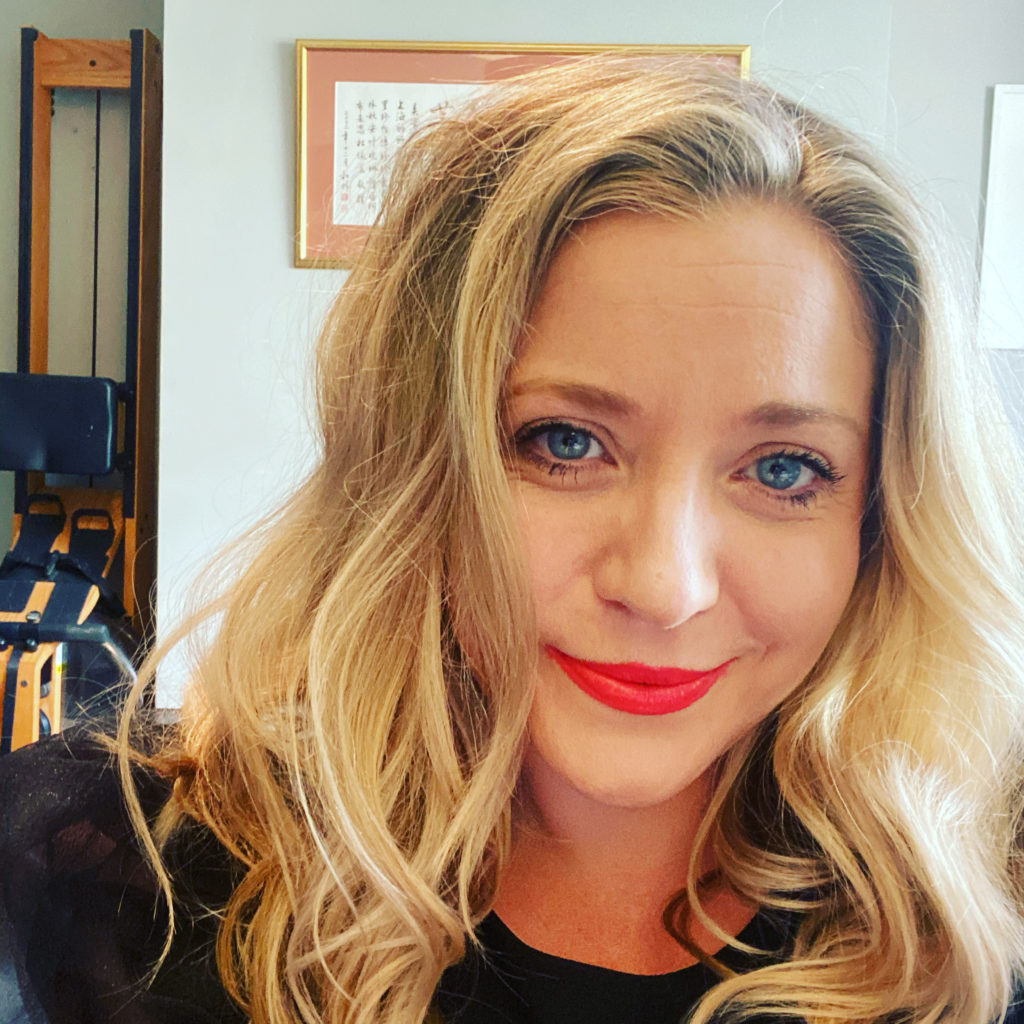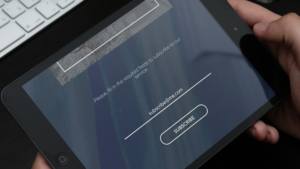On day one of Practice Makes UnPerfect – a 6 week course, designed to help women finesse their public voices – I ask a really simple question….
“What do you want to say?”
It’s an interesting question, because it’s one we’re rarely asked.
Not just as women, but as human beings. Social media is rife with folks sharing everything about everything… that dirty desire to be the bearer of bad breaking news; a government mishap or the death of a celebrity. In a pandemic, suddenly we’re all medical experts and our Facebook friend Steve knows someone who worked at the local council and Cornwall’s definitely going into Tier 6 next Wednesday.
So much thought-leadership in the business world is a ruthless race to the microphone. Whoever shouts the loudest gets there first, and irrational confidence leads the way.
So much thought-leadership is wrapped up in privilege. True confidence should be an outcome of your skill, your experience and your value, not a gift bestowed upon you at birth. But within this context, very few of us are ever actually asked what we want to say, or even if want to say anything at all.
Too many of us wait for permission to speak.
We wait for the louder, more confident ones to allow us to speak, on their terms.
Women, in particular, have been told – throughout a lifetime of schooling and cultural training – to wait for permission to speak.
I noticed it myself: after a few years of being in big senior meetings, I’d contribute at a hundred miles an hour for fear of being interrupted. I’d apologise before asking a question: “Sorry! Sorry! Sorry! Sorry… can I just…?”
PMU is about talking without permission, and doing it with a confidence that’s earned. The course has been described as “transformative” (testimonial terminology, not mine!) because the focus is on putting yourself out there, in a society where women are told not to brag, or get too cocky.
Oh, and the feedback! The unsolicited feedback!
A few women on the first Practice Makes UnPerfect course shared with me examples of the sorts of things they’d been critiqued on, mostly by men, when it came to their presentation style, and even the way they “carried themselves” at work. (Lord, give me strength.) Stuff like:
“Don’t you think you’re a bit young to be running a meeting?”
“Don’t tell jokes. It doesn’t suit you.”
“Could you present with less energy? It makes it really hard for me to relax in meetings.”
No wonder we’re self-conscious! This. Shit. Ends. Now. And to counteract all the crap unsolicited feedback we have a few ground rules on the course that both the participants and me have to stick to, each week.
No apologies: no one is ever allowed to say sorry. Not in emails. Not during presentations. Not even if they don’t know the answer to something.
No judgement: of yourself, if you make mistakes, but most importantly not of others. Life’s hard enough without women making things harder for each other. We leave egos at the door.
Be yourself: in PMU we talk about our ‘perfect flaws’… the thing one might assume is a negative part of our character – too frantic, too bossy, too messy – and then we exploit in it our presentation style.
Never over-explain: punch people with the points you want to make! There’s nothing more powerful than a big fucking powerful statement, just hanging in the air. Rambling shows a lack of preparation and a lack of faith in what you have to say.
In Practice Makes UnPerfect, across 6 weeks, you get the mic. You work out where your voice will add value, and why you have authority to speak in that space. You write articles, take part in panels, record a podcast and present at a final event, you smash it, and then you drop the mic.
Over the years I’ve learned that my biggest cheerleader has to be me. Mo one’s going to roll out a red carpet and beg for my opinion on things, and you need to create that platform for yourself. Fuck permission. So really, the hardest part of the whole course is answering that all-important question: what do you want to say?









